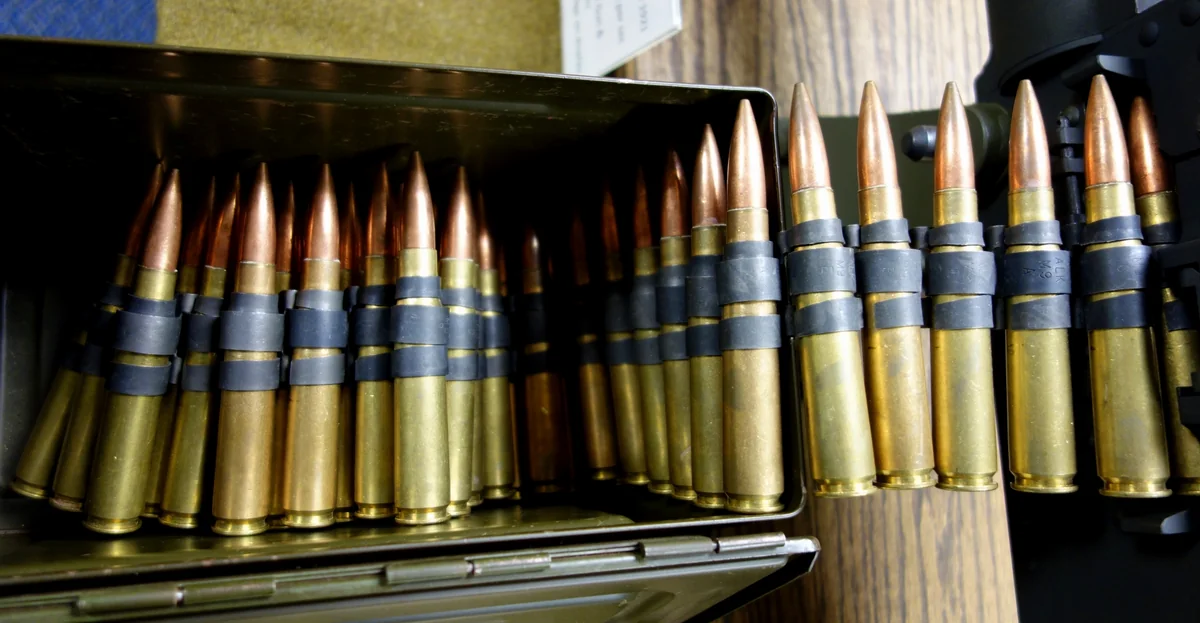Bloomberg says US ammunition stocks depleted
- 08 June, 2024
- 09:55

Ground wars are still won with bullets and artillery shells. The US can’t make the latter fast enough, Report informs referring to Bloomberg.
Russia’s invasion of Ukraine has evolved into a throwback to an earlier, ordnance-intensive era of warfighting—and the most important hardware on the battlefield is the 155-millimeter shell.
At 2 feet tall, and weighing about 100 pounds (or a little more than half a meter and 45 kilograms), the shells are a standard munition among NATO countries.
They also are in perilously short supply.
The deficit of basic materiel and dearth of capacity to make it reflects a wider problem: The US no longer focuses on making everyday things, even things that can be critical in a crisis. When Covid-19 struck, the race was on to produce more cotton swabs and ventilators. Shortages of auto parts, generic drugs, baby formula and other common goods have become more frequent.
To keep its mobilization efforts on track, the Army’s goal is to produce 68,000 projectiles a month by the start of 2025. By May, output had reached 36,000 shells.
Thousands of shells are being lobbed by both sides in Ukraine every day, as Russia seeks to gain the upper hand with attrition-style warfare. By the end of April, Russia was expected to fire ten times as many artillery shells on Ukraine as Kyiv’s forces could fire back, General Christopher Cavoli, NATO’s supreme allied commander for Europe, told the House Armed Services Committee that month.
Ukraine’s ability to defend itself has improved since the US passed a supplemental aid package for Kyiv in late April, as more weapons and ammunition start to flow back to the battlefield, according to a senior western intelligence official.
Russia’s store of weapons, which includes refurbished Soviet-era arms as well as missiles and ammunition from North Korea and drones from Iran, makes up in quantity what it lacks in quality, observers say.
